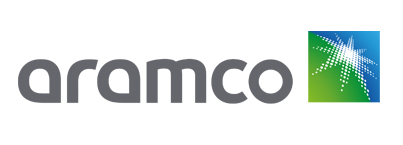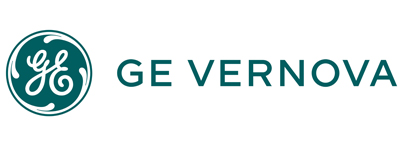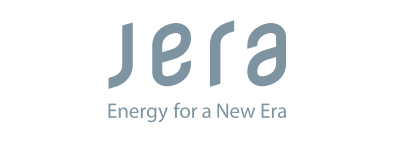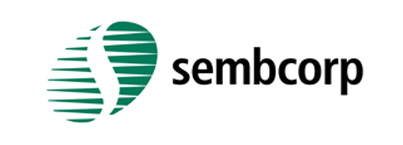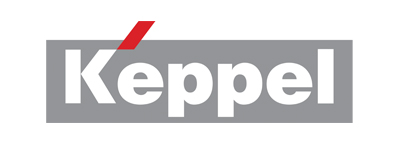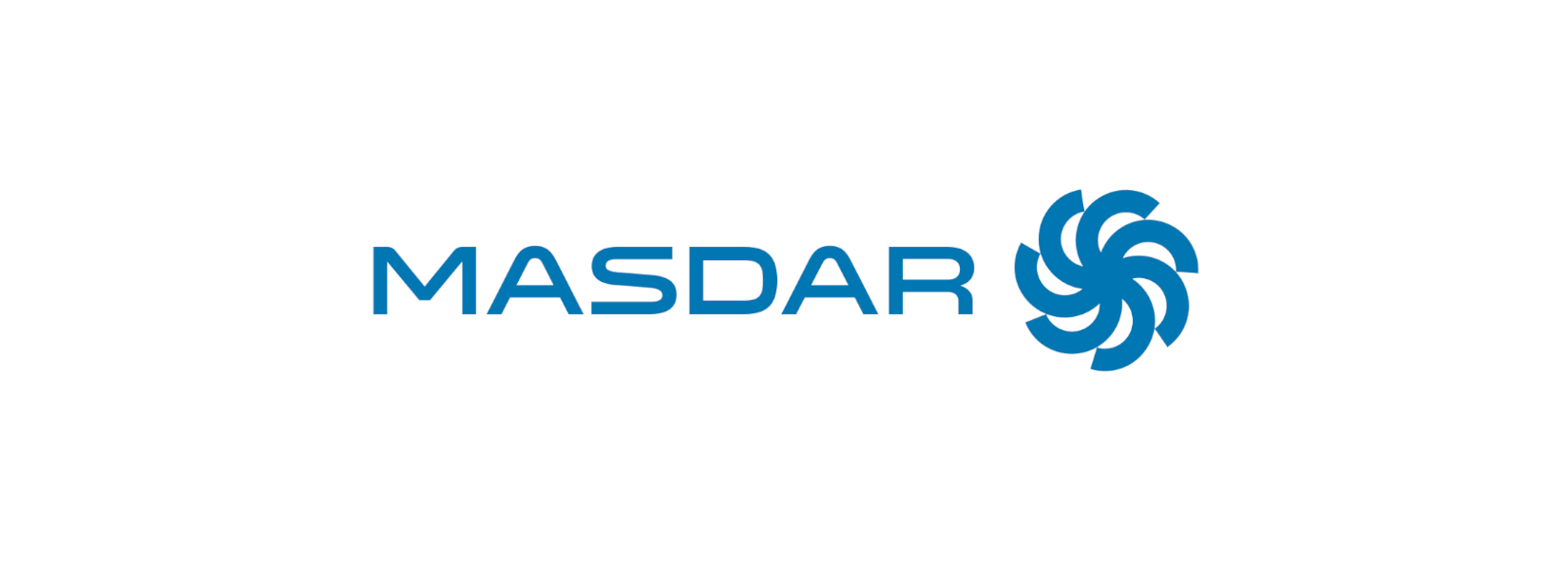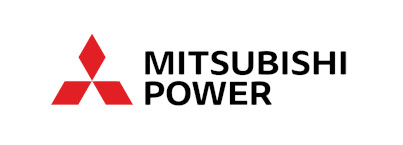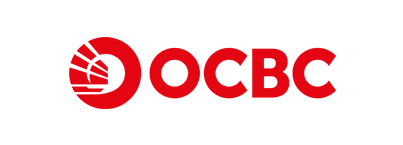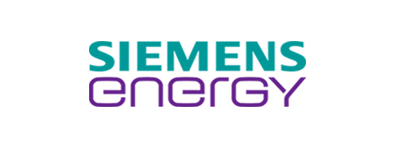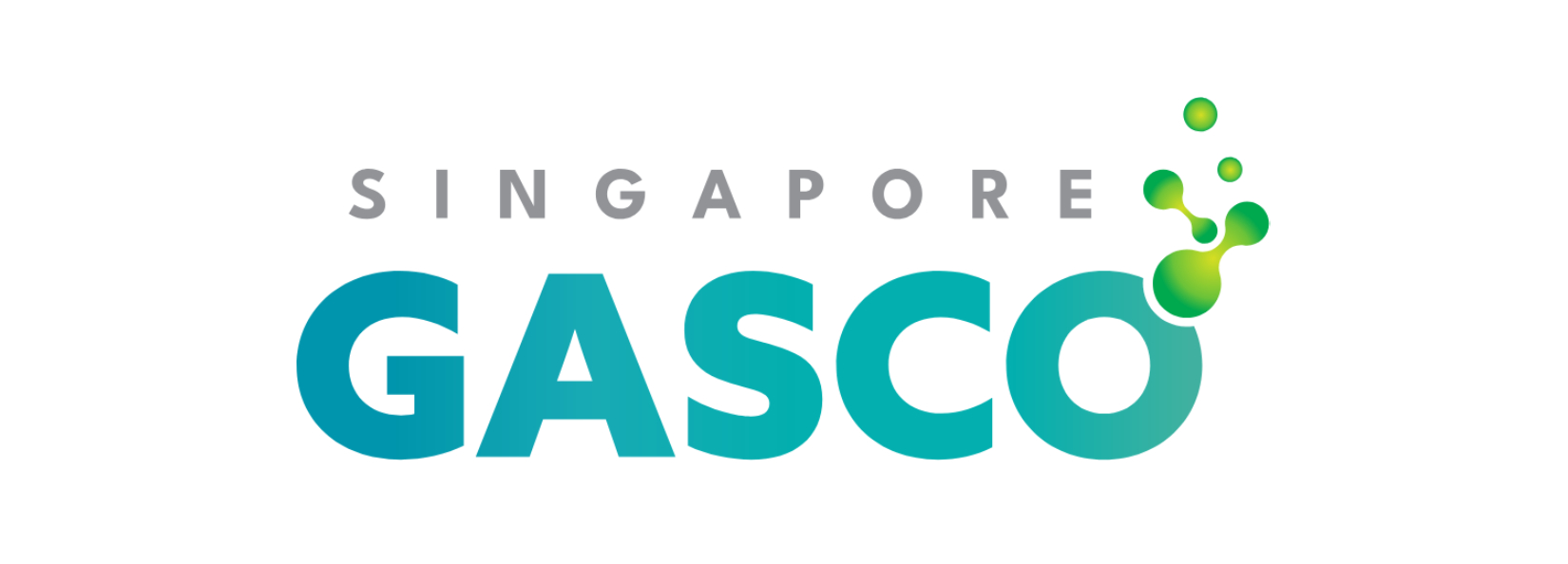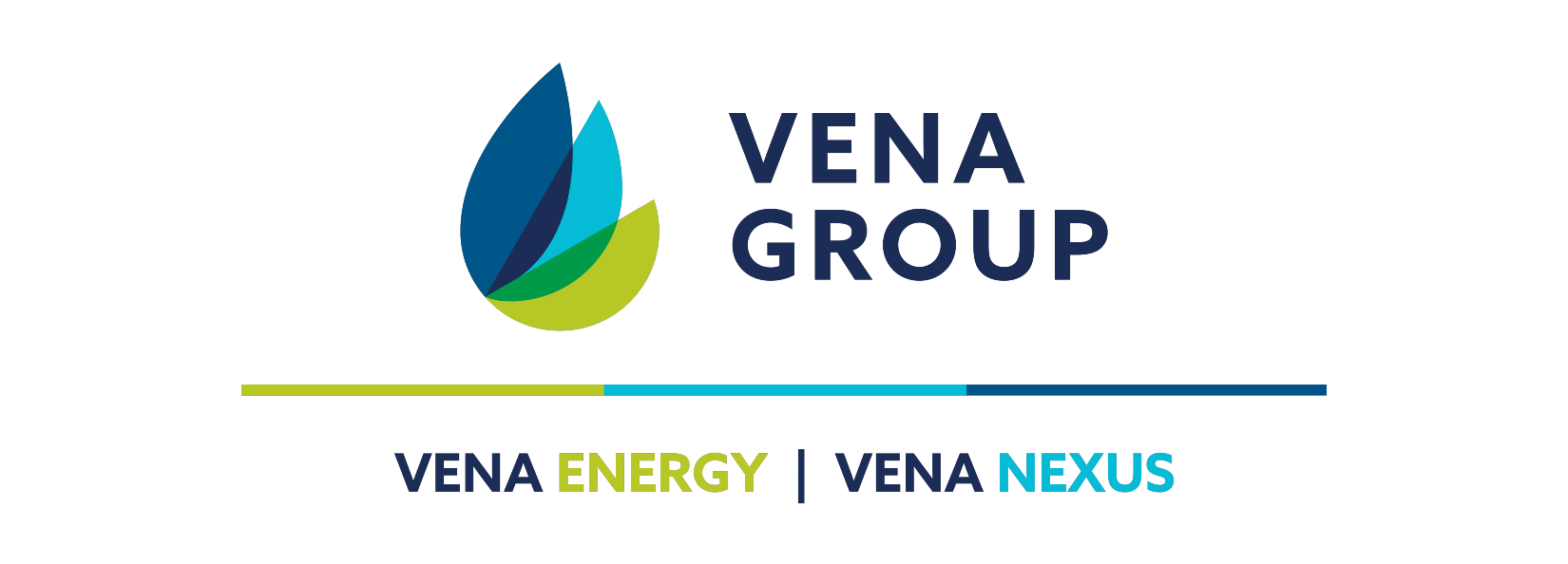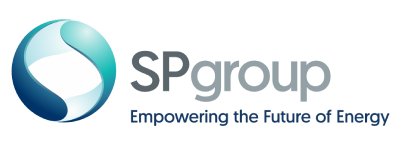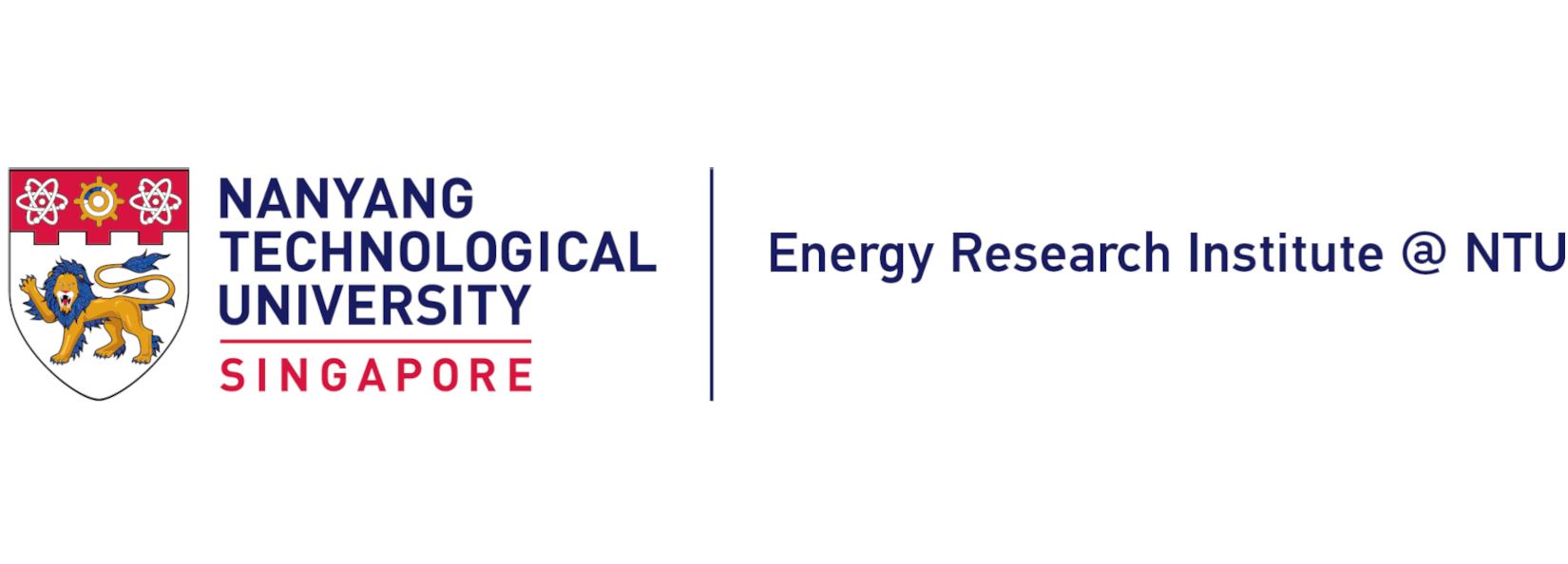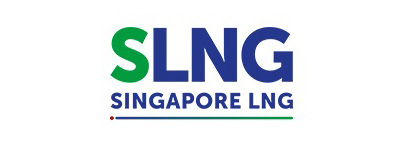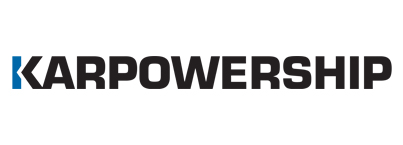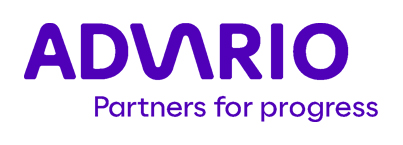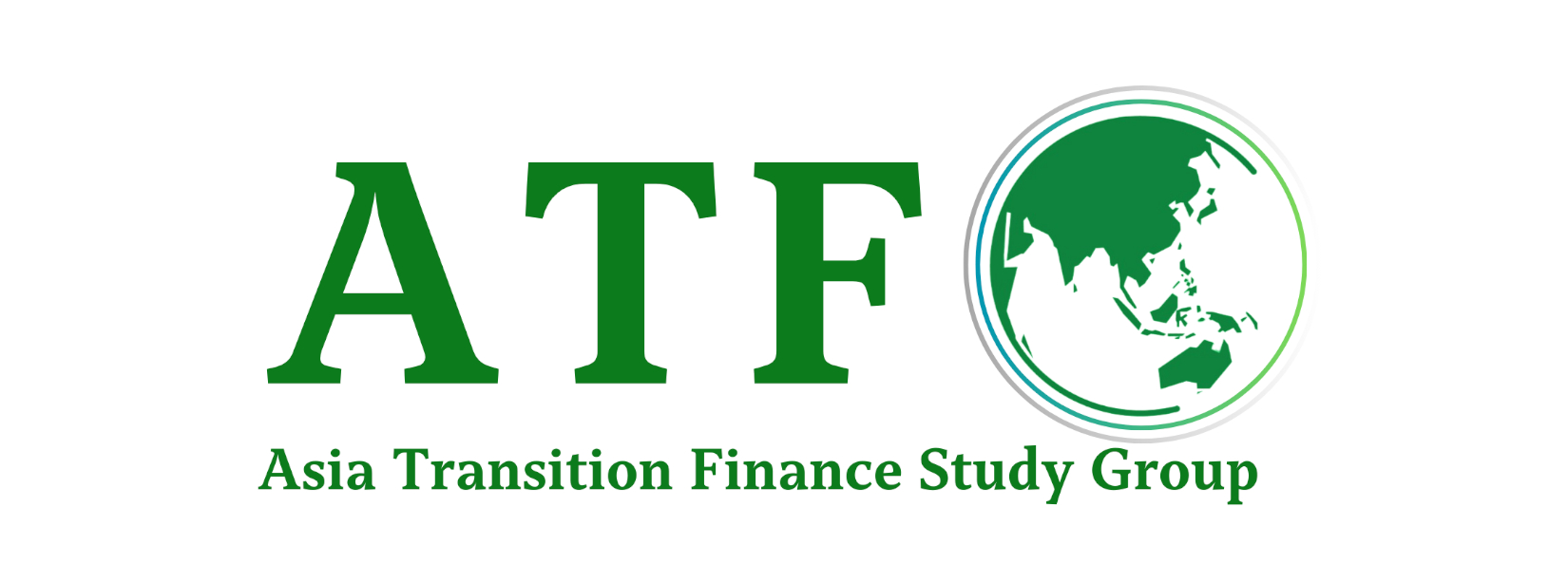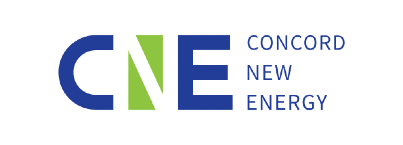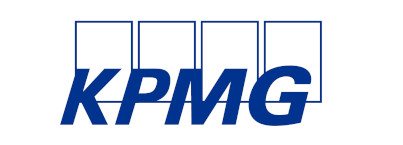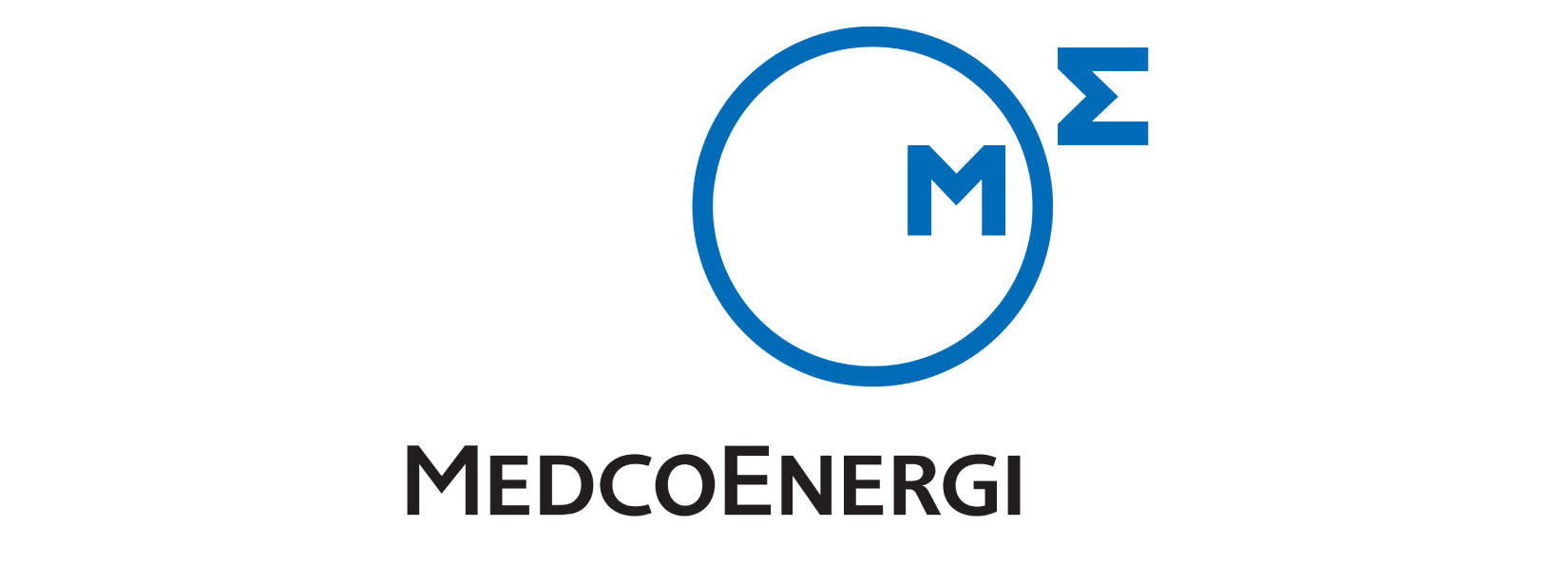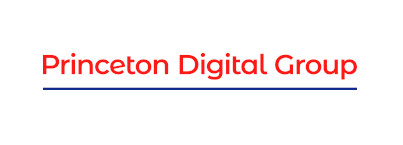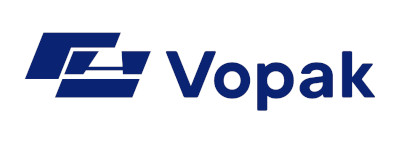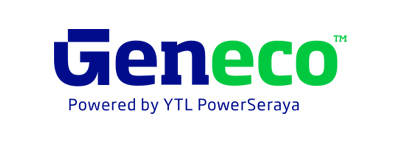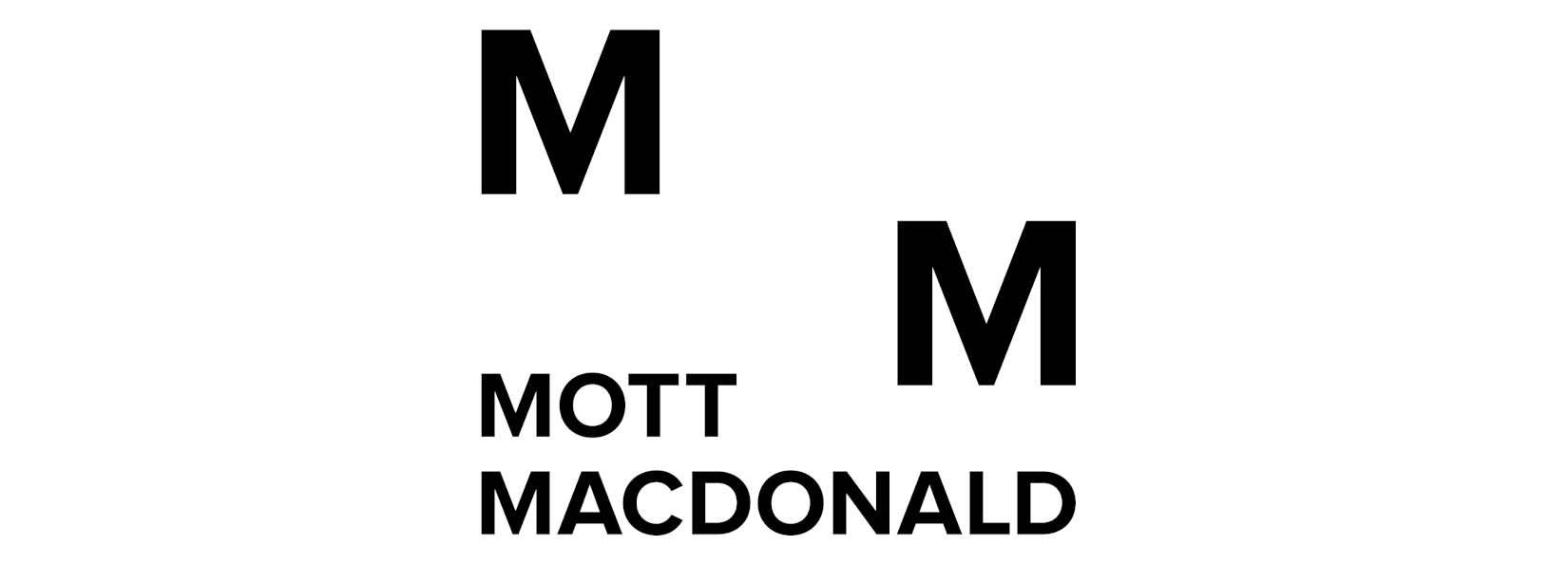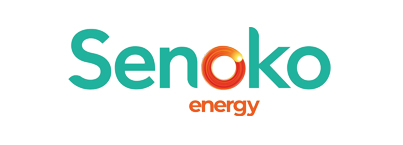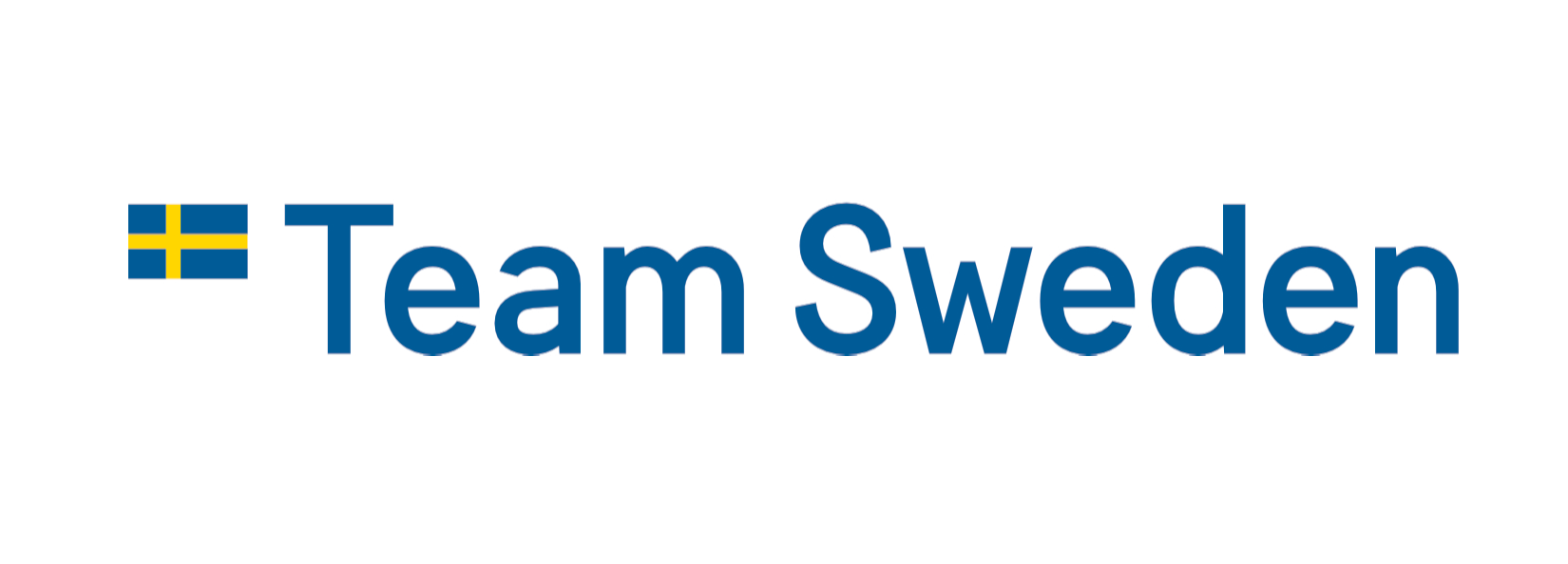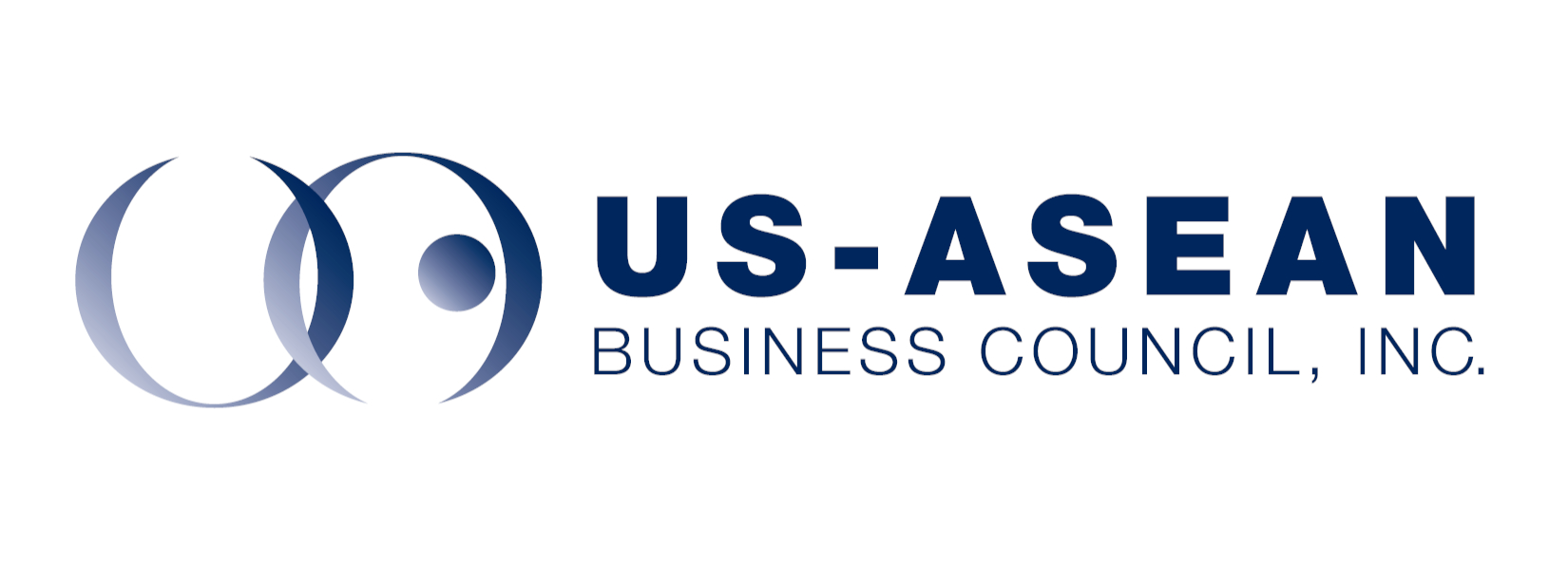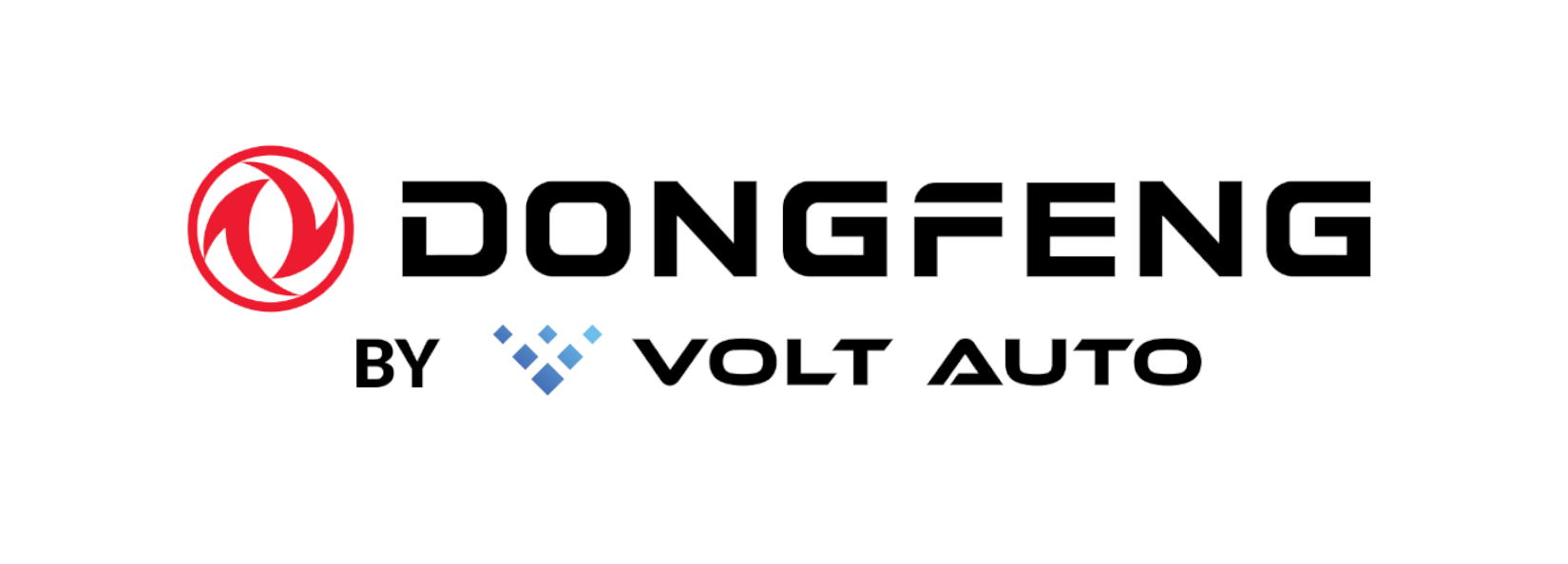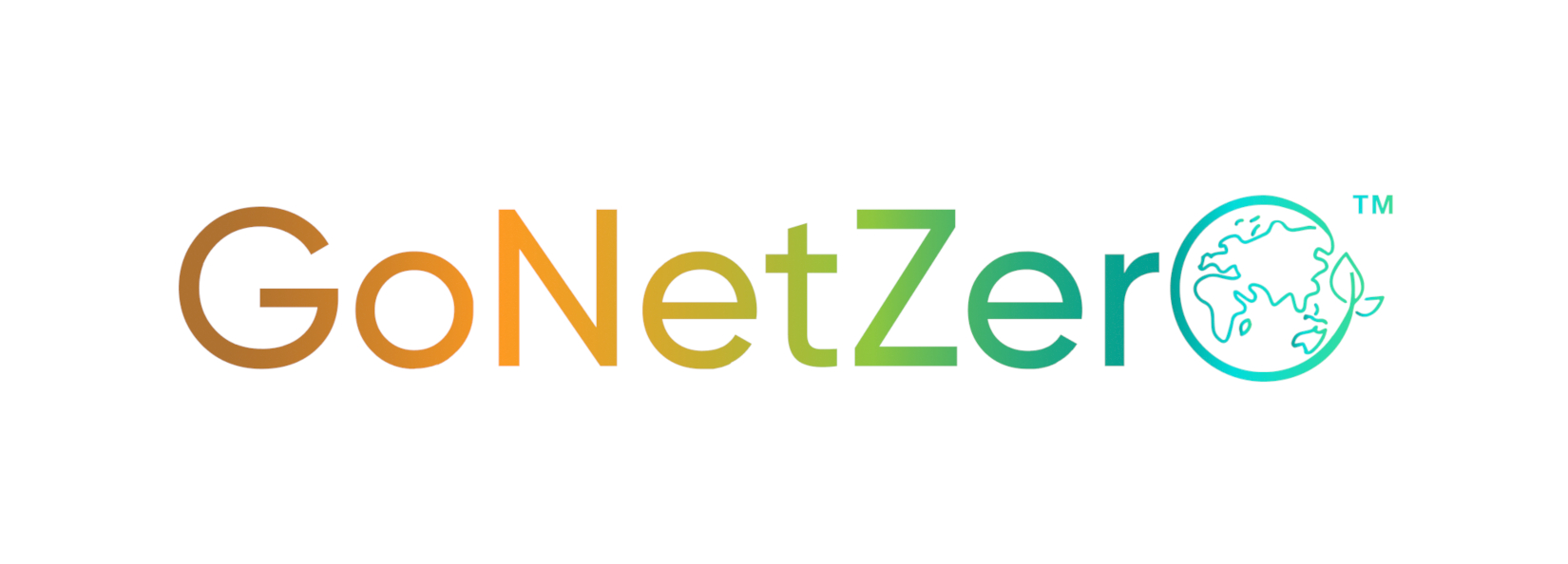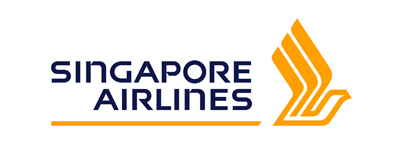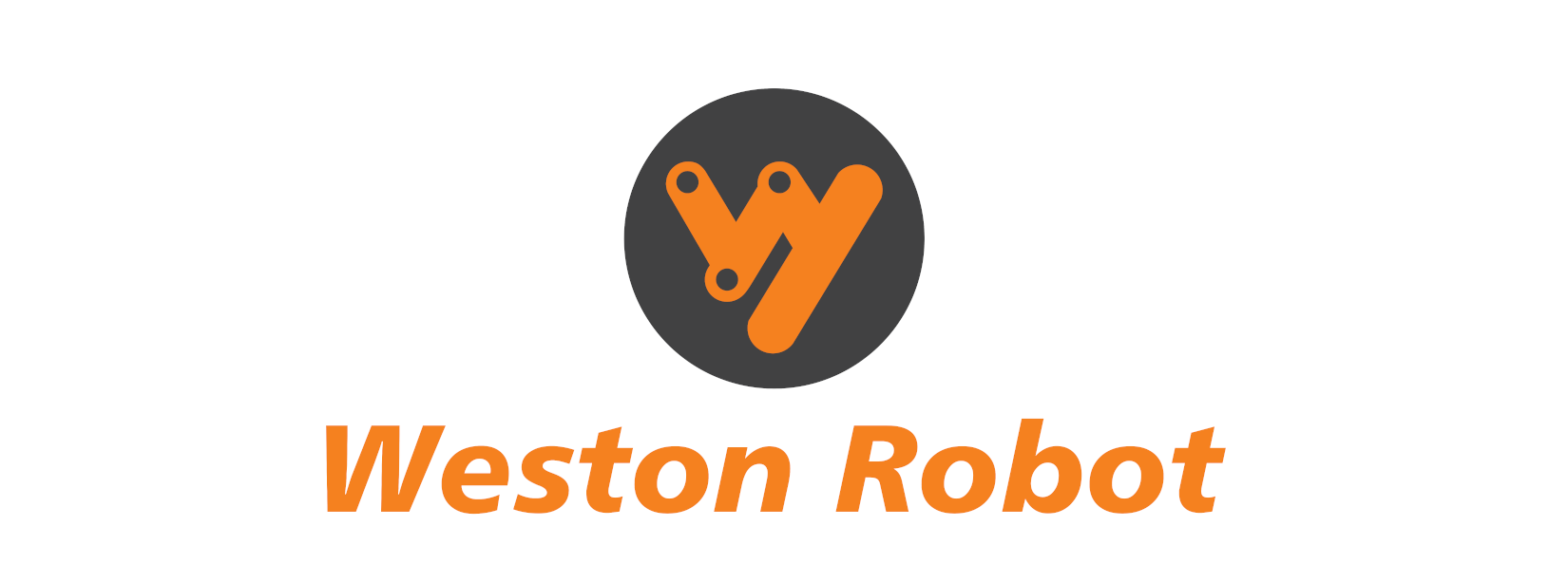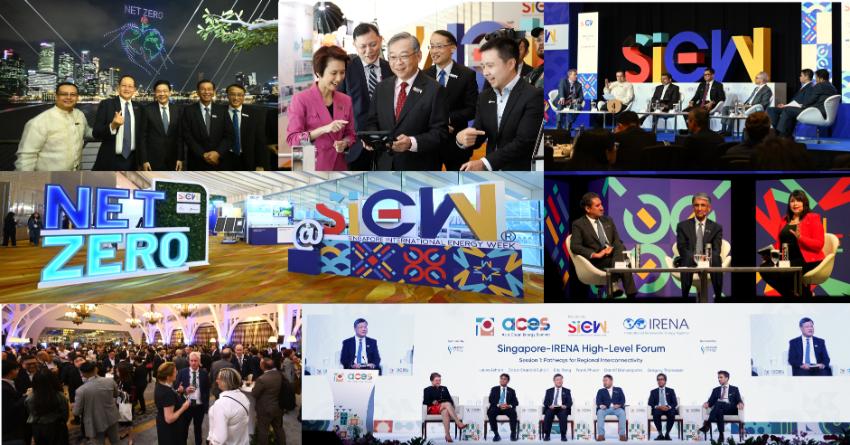
As the 16th Singapore International Energy Week (SIEW) draws to a close, held from October 23 to 27, we find ourselves reflecting on a myriad of discussions and insights that have shaped this year's event. Here are the five standout highlights that emerged as the cornerstone of SIEW 2023:
- Asia's leading role in the net zero transition
- Funding the future with innovative financing
- Pioneering hydrogen and CCUS technologies for net zero
- How grid intelligence will transform energy systems
- Energising South and Southeast Asia for COP28: A crucial dialogue
1. Asia's leading role in the net zero transition
At the heart of the energy transition lies Asia, and SIEW 2023 dedicated itself to providing a pivotal platform for the comprehensive exploration of how the region can spearhead this transformative journey. Recognising the significance of Asia in shaping the future of energy, the discussions at SIEW delved deep into strategies, innovations, and collaborative efforts that can propel the region to lead the charge in the global energy transition. These critical discussions unfolded at the SIEW Summit and across various panel discussions during SIEW 2023.
During the Singapore Energy Lecture, Minister for Trade and Industry, Gan Kim Yong, also issued a compelling call to action, urging governments, businesses, and individuals to collectively lead the energy transition and meet climate targets. He emphasised the decisive steps Singapore is taking to combat the climate crisis and reduce carbon emissions. These actions include aggregating and centralising gas procurement and supply to create economies of scale, ensuring price stability and a secure supply.
Dr Tan See Leng, Minister for Manpower and Second Minister for Trade and Industry, shared at the Singapore-IEA Forum that Singapore is actively collaborating with its regional partners to advance the development of an ASEAN Power Grid. Valuable lessons drawn from the Lao PDR-Thailand-Malaysia-Singapore Power Integrated Project will contribute to regional interconnectivity.
Highlighting the global importance of ASEAN in the energy landscape, Mary Burce Warlick, Deputy Executive Director, International Energy Agency (IEA), emphasised the region's pivotal role. Speaking at the Singapore-IEA Forum, she stated: "The region must and will remain a key partner to the IEA's mission in tackling global energy security and transition challenges." She also noted that with its rapid economic development, ASEAN is poised to influence global energy transition trends.
In a first for SIEW, Singapore's "Energy Transition Towards a Net Zero World" was brought to life through a captivating light show featuring 500 drones over the Marina Bay Waterfront Promenade. Deputy Prime Minister Lawrence Wong, who graced the Singapore LNG Corporation 10th Anniversary Gala Dinner event, revealed Singapore's intention to build a second liquefied natural gas (LNG) terminal, further bolstering the country's energy security.
2. Funding the future with innovative financing
The inaugural Leaders Dialogue, a highlight at SIEW 2023, featured esteemed speakers Francesco La Camera, Director-General of the International Renewable Energy Agency (IRENA), and Dilhan Pillay Sandrasegara, CEO of Temasek Holdings. These influential voices addressed the challenges impeding Asia's energy transition. They also stressed the critical importance of innovative financing strategies aligned with net zero objectives.
These solutions would be required to overcome infrastructure-related challenges and make renewable energy investments financially viable, particularly in emerging markets. Both speakers highlighted the vital need for collaboration between philanthropic investors, concessional capital, and multilateral development agencies to build the financial structure to support these crucial projects. They stressed the urgency for concrete actions in order to make it easier to fund renewable energy projects in Southeast Asia and Asia Pacific.
The SIEW Summit Session 3: Green Financing Strategies to Accelerate Asia's Energy Transition also provided valuable insights into financing solutions for advancing sustainability. The discussions highlighted the perspective that regulation should be seen as a potential solution rather than an obstacle. As demonstrated by Japan, Governments play a pivotal role in shaping policies that can mobilise private capital for emerging technologies and clean energy. The panellists emphasised clear policy guidance and frameworks. Furthermore, the importance of platforms that support capital flow and blended finance initiatives was recognised as essential for channelling investments at scale. Regulators and stakeholders would also need to collaborate closely to foster sustainable financing innovations.
3. Pioneering hydrogen and CCUS technologies for net zero
Low carbon technologies, particularly hydrogen and carbon capture, took centre stage in discussions on achieving net zero. The SIEW Summit Special Session on Hydrogen as the Future of Net Zero Energy emphasised the importance of addressing technological and regulatory challenges, as well as investing in the necessary infrastructure, to foster widespread hydrogen adoption in the energy transition.
Ms Low Yen Ling, Minister of State, Ministry of Trade and Industry and Ministry of Culture, Community and Youth, took the stage at the Asia Hydrogen & LNG Markets Conference to reiterate Singapore's commitment to making hydrogen. She emphasised that for this vision to materialise, hydrogen "needs to be properly backed by infrastructure and a global supply chain". This necessitates international cooperation among policymakers and business leaders to establish regulations, trade guidelines, and emissions methodologies that support hydrogen's sustainability, she said.
Singapore's National Hydrogen Strategy was further highlighted by Minister Gan. In the Singapore Energy Lecture, he announced the next phase of selections for a developer to provide a low- or zero-carbon ammonia solution for power generation and bunkering on Jurong Island. This initiative demonstrates Singapore's commitment to advancing hydrogen technologies. Dr Tan, at Asia Clean Energy Summit (ACES), also introduced the Directed Hydrogen Programme, designed to facilitate safe and economically viable import and utilisation of hydrogen.
Carbon capture, utilisation and storage (CCUS) took the spotlight at SIEW 2023 as well, particularly in the context of decarbonisation. The SIEW Thinktank Roundtable on Low Carbon Technology in Decarbonising the Energy Sector delved into the role of CCUS in reducing CO2 emissions, especially in hard-to-abate sectors like power generation and heavy industries. The roundtable shed light on projects underway in 45 countries, including at least seven CCUS projects in their early development phases in Southeast Asia, spanning Indonesia, Singapore, and Malaysia.
Nevertheless, the pace of carbon capture and storage (CCS) projects globally remains slow, at only 30 percent of what is required to align with the IEA's net zero 2050 scenario. The SIEW TechTable on Key Enablers to Deploying CCS in Asia Pacific stressed the importance of collaborative efforts, supportive policies, and technological advancements to unlock the potential of CCS technologies.
4. How grid intelligence will transform energy systems
In the race to meet ambitious net zero targets by 2050, the expansion and digitalisation of energy grids have become essential. Dr Tan, speaking at the Asia Clean Energy Summit (ACES), underlined that grids, such as Singapore's, are poised to become more complex with the inclusion of diverse decentralised energy sources. These range from solar panels and energy storage systems to electric vehicle (EV) charging infrastructure. To accommodate integrated and multi-directional energy flows, countries must build up their grid capabilities, Dr Tan said. Simultaneously, workforce upskilling is equally crucial. Dr Tan also recognised households' crucial role in bolstering grid resilience. He shared that Singapore will be introducing a pilot programme to incentivise households with smart meters to reduce electricity consumption during high demand periods.
At Future of the Grid, Richard Lim, Chairman of the Energy Market Authority (EMA), elaborated on the transformative role of digitalisation in unlocking grid intelligence and resilience. He said Singapore is harnessing digital and Internet of Things (IoT) technologies to develop cutting-edge systems, including the Digital Asset Twin, Digital Network Twin and Distributed Energy Resource Management System (DERMS). These systems, driven by Artificial Intelligence (AI)-powered analytics, will help to enhance grid resilience and facilitate the integration of cleaner energy sources.
The SIEW TechTable on Grid Technologies and Digitalisation—Co-Innovating for a Sustainable Energy Future, unveiled two critical prerequisites for enabling grids to effectively embrace emerging technologies. The first is ensuring compatibility with existing and future grid designs, a cornerstone for success. The second centres on the strategic deployment of power electronics. This was presented as a potential game-changer capable of connecting regions with diverse geographical makeups, while seamlessly accommodating new energy sources, including renewables.
5. Energising South and Southeast Asia for COP28: A crucial dialogue
As energy demand in South and Southeast Asia looks set to triple by 2050, SIEW 2023 explored innovative, cost-effective technology solutions and partnerships to expedite decarbonisation and the achievement of net zero goals.
Mr La Camera, in his SIEW Keynote Address, highlighted the voluntary Global Cooling Pledge, spearheaded by the COP28 Presidency,. He shared that the initiative has garnered support from 220 companies to date. Among other goals, the Pledge aims to set collective targets for enhancing energy efficiency. IRENA's Director-General also urged leaders at SIEW 2023 to sign the pledge, underscoring its significance in the global fight against climate change.
With the region experiencing impressive growth in recent decades, Mr La Camera stressed the need for clear direction. He strongly advocated for long-term emissions reductions to take precedence over short-term economic gains. He encouraged the region to "prioritise climate action, foster regional collaboration for deep emissions reduction, and increase local private-sector participation".
At the core of the SIEW 2023 Thinktank Roundtable B: Energy Transition in the Lead-up to COP28, energy speakers discussed how the regions can harness the potential of COP28 for technology cooperation to accelerate decarbonisation and net zero objectives. The roundtable emphasised the critical need for collaborative efforts, innovative solutions, and substantial investments to address the challenges posed by escalating energy demands while pursuing a net zero future.
Check out more conversations around key energy topics that took place at SIEW 2023.
Stay informed and be part of the change in shaping our energy future. Connect with us on social media and subscribe to our e-newsletter
